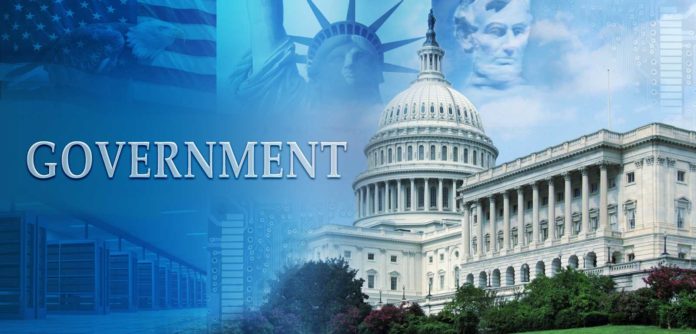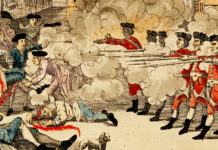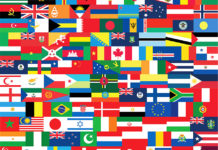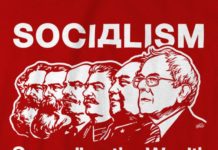How did we get here? How did the US government become as powerful as it is now? Is what we have now the reason self-governance was never taken seriously? Let’s dig.
When the Colonists decided to break away permanently from British rule in 1776, they were sure of the type of government they DIDN’T want—monarchy, military junta, and theocracy were definitely OUT. But historically, there were no other options. When the Revolutionary War was over, the Founding Fathers had some difficult decisions to make, since they were starting from scratch.
For the next few years, the 13 Colonies tried to continue under the Articles of Confederation, which they entered into before the war was even won. This arrangement was fairly simple: The Colonies (now States) were independent free agents, with an extremely weak national (Federal) presence over them. The Articles failed terribly. So, the Founders called for a Continental Congress, later called a Constitutional Convention, after the amazing document those meetings produced.
The idea: citizen representatives, comprising three branches of government (Executive, Legislative, and Judicial). The Legislative Branch, that group that would write laws, was made up of two Houses: The House of Representatives, which would represent The People; and The Senate, which would represent each of the States. The HOR would have delegate numbers allocated via population—larger States would have more delegates than the smaller States. The Senate would have two members per State, regardless of State size—this was to attempt to prevent larger States from overpowering smaller States. But the overarching theme was for The People to be represented in the lawmaking process, by both Houses. The Executive and Judicial Branches are the subjects of other writings.
In 1913, the 17th Amendment was ratified, making Senators popularly elected, rather than appointed by States. This removed the States’ voice at the lawmaking table, and, in this author’s view, a poor decision. But that Amendment should have even strengthened the voice of The People, as now all members of the Legislative Branch are now elected by, and supposedly answerable to, popular vote.
But a funny thing happened to our political process from the 1790s to the 2000s: career politicians. Instead of local citizens running for office, winning, going to Washington to represent their local communities, then returning back to their home districts, and resuming their private lives, elected officials went to Washington and STAYED THERE! Once elected, our representatives’ primary goal seemed to become getting reelected. Oddly enough, if you are in DC long enough, you forget what life was like in your original district—DC life is much more immediate and interesting. After very little time, ‘representatives’ now cater to the needs of those responsible for their reelection (lobbyists and special interests), rather than the needs of their districts. Surprising almost no one, Congress began exempting themselves from the laws they wrote for everyone else. Congress granted themselves Cadillac benefit packages and salaries, too–$174K annual salary (for a part-time gig)—great gig, if you can get it! Put another way: nearly three times the median household income, to VOTE on legislation! If you think some dude in DC making $174K relates to a short-order cook in middle-of-nowhere-Iowa, bless your heart.
Also in 1913, the 16th Amendment was also ratified—the Income Tax. Not only did it vastly expand the resources available for the Federal government to spend, it also created the Tax Code: a virtual club to beat donations out of businesses. Want preferential tax treatment? Donate to my reelection campaign, and we’ll see what we can do for you.
The Founders either never foresaw the advent of the career politician, or they KNEW that was the inevitable inertia of public office, and I was just being incredibly naïve. Either way, what we have now is completely antithetical to the US Constitution, as written. The Political Class, comprised of the Elected, Appointed, and Administrative sub-classes, now rule over the US as surely as a King in the 1700s. Sure, The People can vote out their specific representative (from their district or their State), but no one else. And there is zero guarantee that our ‘representative’ will represent their constituents in any way, once elected. History is full of elected officials that run one way to get elected, and govern another way once in DC. My personal view: we now elect our rulers. It truly doesn’t matter what was intended, but what actually takes place. Congress represents Congressmen. And The People have as little representation as they did under King George. It was a good 245-year run, but by all intents and purposes, it is quite over.
Thank you for taking the time to read my article! Feel free to add comments (good or bad) in the box below. In addition, there is a link at the bottom of the article to view other items I’ve written at Global Liberty Media. Enjoy!
Welcome!Log into your account


























Thus the need for term limits. If Biden, Pelosi, and Schumer don’t make the case for that, then nobody does.